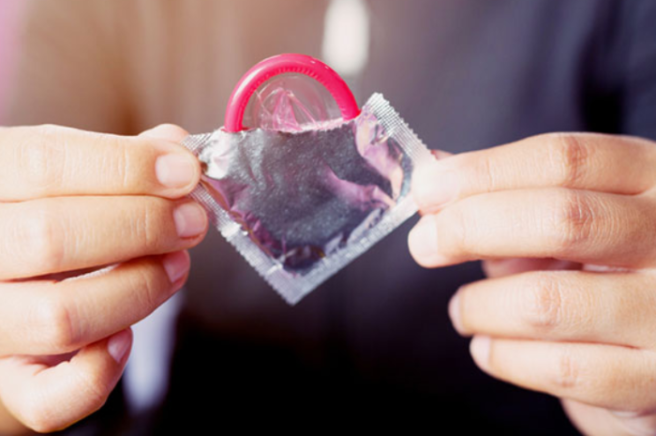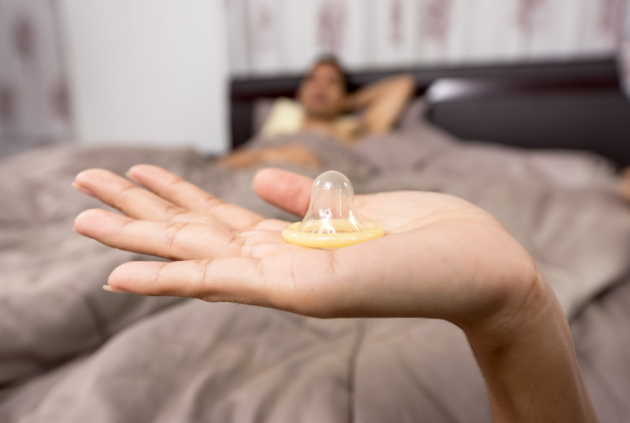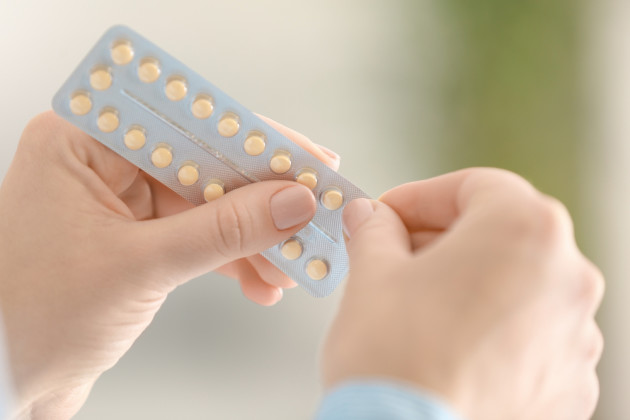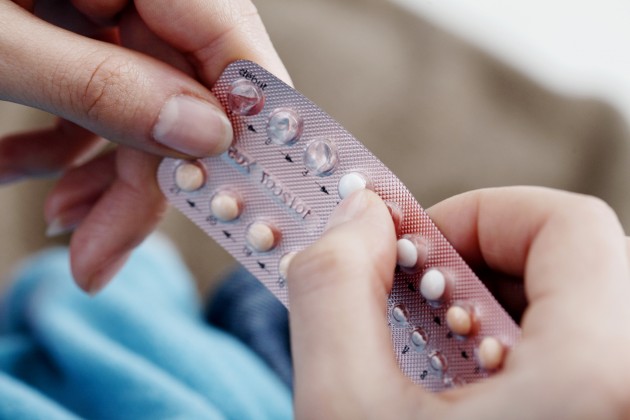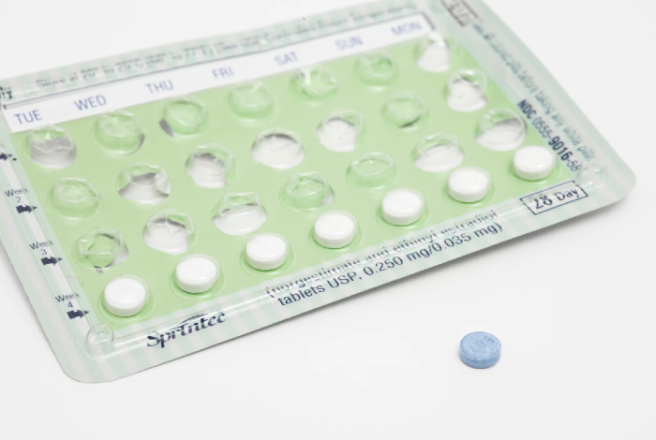
Simon Harris launches public consultation on contraception
Minister for Health Simon Harris has confirmed the launch of a public consultation on increasing access to contraception.
Earlier in 2019, Harris created a working group to consider the policy, regulatory and legislative issues regarding improved access to contraception.
The Oireachtas Committee on the Eighth Amendment recommended access to free contraception, which the Minister has repeatedly claimed he hopes to achieve.

Harris claimed he was aiming to give all women access to free contraception this year, and the public consultation will remain open until midnight on Monday, August 5 and is available on the Department of Health website.
“Removing barriers to contraception in a key priority for me as Minister for Health,” Harris said.
“We have begun that work through the expansion of free access to condoms this year. This allows for expanded access to the groups most at risk, and within the youth sector, including third level facilities," he added.
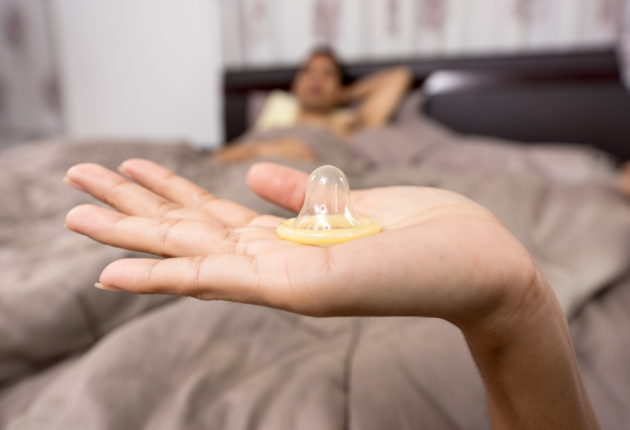
Harris continued by emphasising the importance of public opinion in terms of informing the government and stakeholders on the issue.
“I would encourage all those with an interest to engage with the Department’s consultation before it concludes. It is our ambition to have the working group’s report concluded by September,” Harris said.
The consultation responses will inform the working group's assessment of the problem, and should aid the group in making appropriate recommendations to the Minister.

The working group will investigate the extent to which cost is a barrier to getting reliable contraceptive options in this country.
Other factors influencing ease of access to contraception will hopefully also be addressed, such as financial barriers, legislative barriers, regulatory issues, and contractual issues.
At the moment, women who have a medical card can gain free contraception. Without a medical card, the public have to pay for an initial consultation as well as a repeat appointment every six months for a renewal.

Options apart from the pill include the Implanon implant, or the Kyleena or Merina coil. Injections and a patch are other, less common options.
TheJournal.ie previously stated that Simon Harris has been lobbied by a pharmaceutical company and the pharmacy union in recent months, as plans for potential free contraception progress.
Feature image: RTÉ







